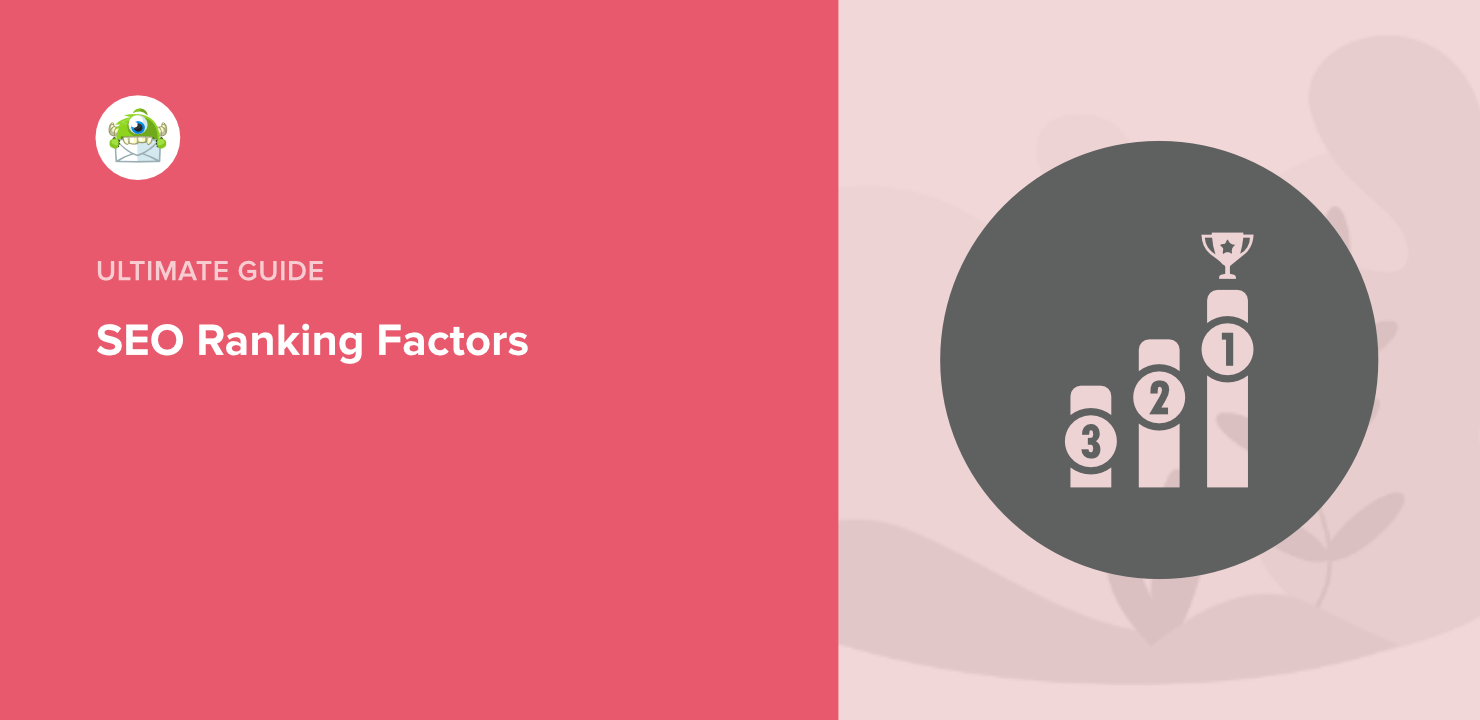In digital marketing ranking refers to the position of a website or web page in search engine results. When a user types a query into a search engine the ranking determines which sites appear at the top and in what order.
A higher ranking generally leads to more visibility and traffic. The goal of SEO is to improve ranking so that the website appears on the first page preferably in the top few results.

Why Ranking Matters for Online Success
The majority of users click on one of the top results in search engines. If your website ranks high it increases your chances of getting organic traffic and potential customers.
Ranking also builds credibility. Users tend to trust websites that appear at the top because they are perceived as more relevant and authoritative.
Factors That Affect Website Ranking
Search engines use complex algorithms to determine rankings. Factors include content quality keyword usage mobile friendliness site speed and backlink profile.
Other important elements are user engagement metrics such as bounce rate time on site and click through rate. All these contribute to how well a page ranks in search results.
Keyword Optimization for Better Ranking
Using the right keywords is essential for improving ranking. Keywords should be relevant to the content and reflect what users are searching for.
Proper placement of keywords in titles headings meta descriptions and throughout the content helps search engines understand the topic of the page more effectively.
Content Quality and Its Impact on Ranking
High quality content is one of the strongest ranking factors. Search engines prioritize content that is original informative and valuable to users.
Regularly updating content and keeping it relevant also signals to search engines that your website is active and trustworthy which can help improve rankings.
Mobile Optimization and Ranking
With most users browsing on mobile devices search engines now prioritize mobile friendly websites. A site that is not optimized for mobile may rank lower regardless of its content.
Responsive design fast loading times and easy navigation are essential for maintaining high ranking on both desktop and mobile search results.
The Role of Backlinks in Ranking
Backlinks from other websites act as a vote of confidence for your content. When a reputable site links to you it signals to search engines that your content is valuable.
The more high quality backlinks you have the more authority your site gains which contributes positively to your overall ranking.
Page Speed and Technical SEO
A fast loading website provides a better user experience and is favored by search engines. Page speed is now a direct ranking factor.
Technical SEO elements like secure connections structured data and proper indexing also ensure that your site is accessible and understandable to search engines improving your ranking.
User Experience and Search Ranking
User experience plays a vital role in how well a page ranks. Factors like readability site layout and ease of navigation influence how long visitors stay on your site.
A positive user experience leads to lower bounce rates and higher engagement both of which are signals that search engines use to determine ranking.
Local SEO and Ranking in Local Searches
For businesses targeting local audiences local SEO helps improve ranking in region specific search results. This includes optimizing your Google Business Profile and earning local backlinks.
Local keywords customer reviews and location based content also enhance your visibility and help you rank higher in local searches.
Social Signals and Ranking Influence
While social signals are not direct ranking factors they contribute to visibility. Content that is widely shared on social platforms gets more exposure and can attract backlinks.
Increased engagement through likes shares and comments helps boost credibility and indirectly supports better ranking over time.
Measuring and Tracking Your Ranking
Tracking your keyword ranking helps you evaluate the effectiveness of your SEO strategy. Tools like Google Search Console and SEMrush provide insights into where your pages stand in search results.
By monitoring changes in ranking you can identify what works and what needs improvement making it easier to refine your SEO approach.
Common Mistakes That Harm Ranking
Keyword stuffing duplicate content and ignoring mobile optimization are common mistakes that negatively affect ranking. These practices make your site less user friendly and can trigger penalties.
Using unethical tactics like buying links or hiding keywords can also result in lower ranking or removal from search indexes altogether. Always focus on ethical and sustainable SEO practices.
Improving Your Ranking Over Time
SEO is a long term process that requires consistent effort. Regular content updates technical improvements and backlink building help improve ranking gradually.
Staying up to date with algorithm changes and continuously optimizing your site ensures long lasting success and better visibility in search engines.





